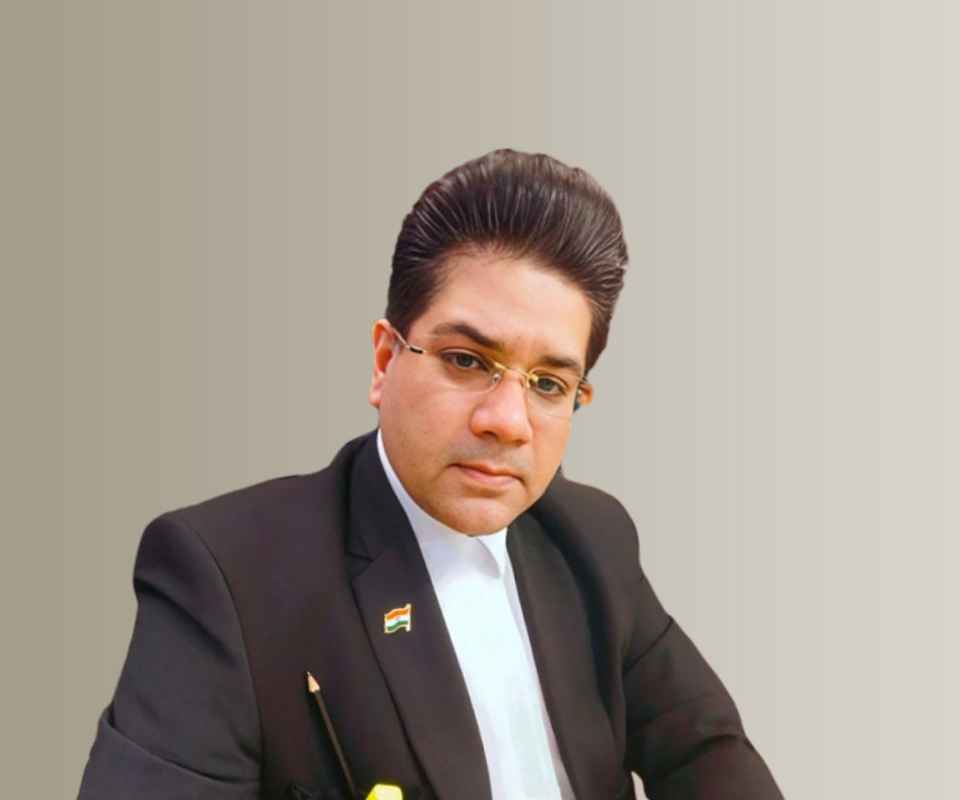Answer By law4u team
Bharatiya Nagarik Suraksha Sanhita, 2023 - Section 64: Summons How Served
(1) Every summons shall be served by a police officer, or subject to such rules as the State Government may make in this behalf, by an officer of the Court issuing it or other public servant:
- Provided that the police station or the registrar in the Court shall maintain a register to enter the address, email address, phone number and such other details as the State Government may, by rules, provide.
(2) The summons shall, if practicable, be served personally on the person summoned, by delivering or tendering to him one of the duplicates of the summons:
- Provided that summons bearing the image of the Court's seal may also be served by electronic communication in such form and in such manner, as the State Government may, by rules, provide.
(3) Every person on whom a summons is so served personally shall, if so required by the serving officer, sign a receipt therefor on the back of the other duplicate.
Brief Detail
Section 64 of the Bharatiya Nagarik Suraksha Sanhita, 2023 outlines the procedures for serving summons. It specifies that summons must generally be served by a police officer or an authorized court officer, who must maintain a register of recipients’ contact details. The section emphasizes personal service of summons, allowing electronic delivery under certain conditions. Recipients are required to acknowledge receipt by signing the duplicate.
Question & Answers
Q: Who is responsible for serving a summons according to Section 64?
A: A police officer or an officer of the Court issuing the summons, or another public servant, is responsible for serving the summons.
Q: What details must be recorded when serving a summons?
A: The police station or the registrar must maintain a register that includes the address, email address, phone number, and other details as specified by the State Government.
Q: How should a summons be served if practicable?
A: The summons should be served personally on the person summoned by delivering or tendering one of the duplicates of the summons.
Q: Can summons be served electronically?
A: Yes, summons bearing the image of the Court's seal may be served by electronic communication as provided by the State Government.
Q: What must a person do upon receiving a summons personally?
A: The person must sign a receipt on the back of the other duplicate if required by the serving officer.
Example
- A police officer arrives at a person's residence to deliver a summons personally, handing over one duplicate while ensuring the recipient signs for it.
- In a case where personal delivery is not feasible, a summons may be sent via email, provided it includes the Court's seal as specified by the State Government.
- After receiving the summons, an individual acknowledges receipt by signing the required document, ensuring a record of delivery.
Summary
Section 64 of the Bharatiya Nagarik Suraksha Sanhita, 2023 establishes the protocol for serving summons, highlighting the roles of police and court officers in the process. It emphasizes the importance of personal service and the maintenance of a detailed register of recipients, while also allowing for electronic delivery methods under specific conditions.







